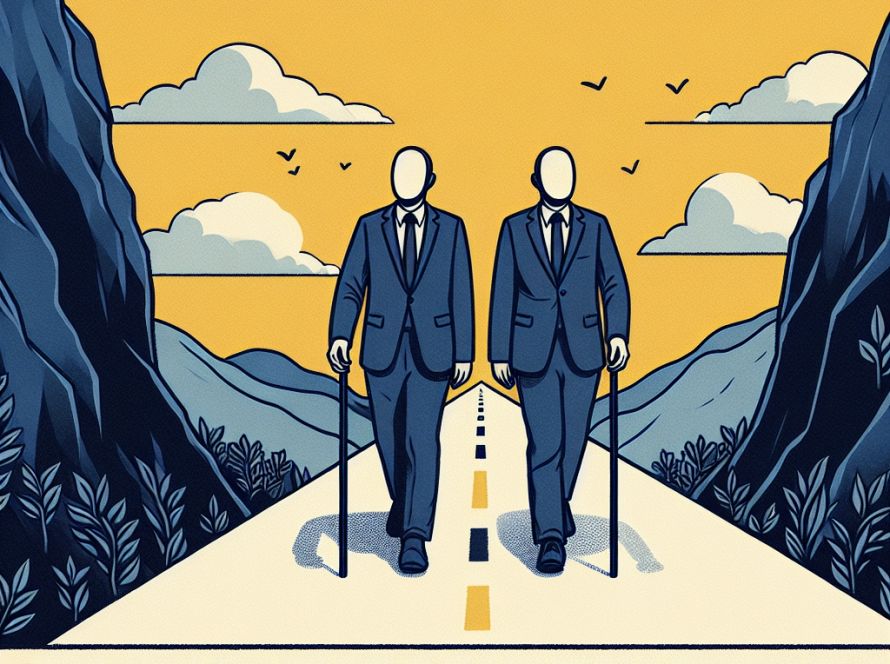Enthusiastic Tone:
A recent report from ResumeBuilder found that 37% of business leaders acknowledged that AI has replaced workers in their companies in 2023, and Asana’s research further reveals that employees believe that AI could automate nearly 29% of their work tasks. So, what does this mean for the future of the workforce?
At a recent AI summit in London, Elon Musk, CEO of Tesla Inc., suggested that AI might eventually lead to a future where no job is necessary. While this outlook is not shared by everyone, Julia Toothacre of ResumeBuilder cautions against a narrow view of the data. She notes that many traditional and small businesses have yet to fully embrace AI technology, suggesting a varied impact across different sectors.
Alex Hood from Asana highlights that AI could reduce time spent on ancillary tasks at work, enhancing overall efficiency. He argues that the fear of AI-induced layoffs may be overstated and that AI could elevate human roles in the work process. Marc Cenedella, founder of Leet Resumes and Ladders, echoes this sentiment, comparing the current shift to historical changes such as replacing typists with word processors. He indicates that AI could lead to more high-value work for humans.
Asana’s State of AI at Work 2023 report promotes the concept of “human-centered AI,” aimed at augmenting human abilities rather than replacing them. It suggests that understanding and leveraging this aspect of AI can have a positive impact on work. However, the global digital divide remains a concern. With a significant portion of the world’s population still lacking internet access, the implications of AI in work restructuring are unevenly distributed.
But, there is no need to fear AI! For professionals, staying relevant in an AI-dominated workplace means continually updating skills and understanding the potential impact of AI on their roles. Business leaders also have a role in supporting skill development to stay competitive. Hood’s personal experimentation with AI in his work at Asana illustrates the practical applications of AI in enhancing work processes and relationships.
In conclusion, while AI is leading to some job displacements, it is also creating opportunities for higher-value work and more efficient processes. The impact of AI on the workforce is complex and varied, so it is essential that both employees and business leaders have a nuanced understanding and take proactive steps to keep up with the rapid developments in AI. All in all, AI has the potential to revolutionize the work landscape and open up new possibilities for human professionals!

